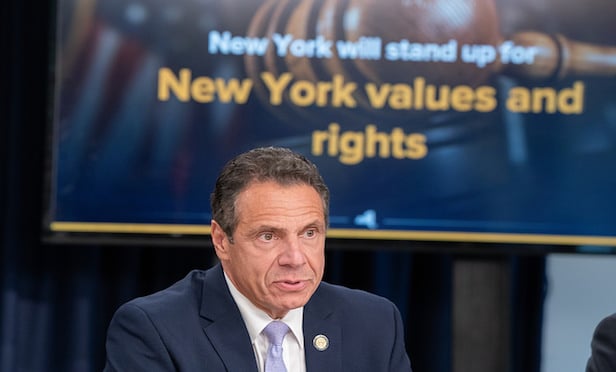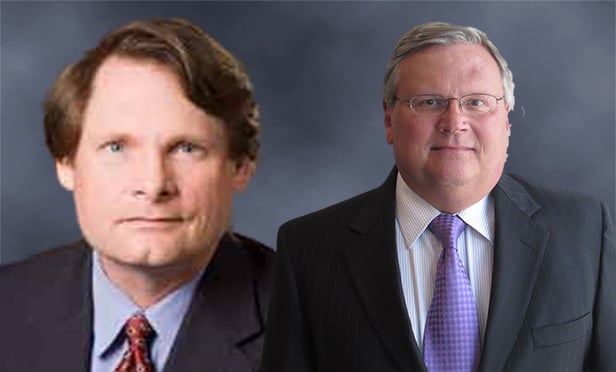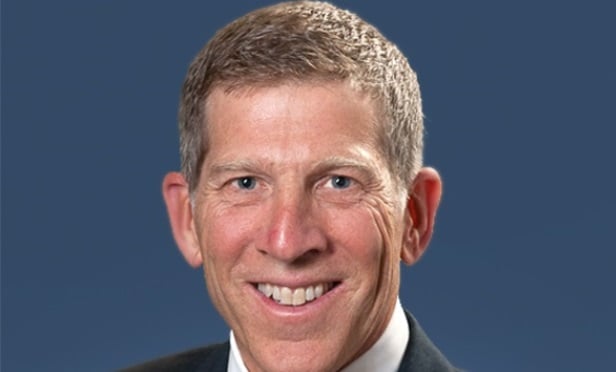Part 1 of 4
SAN JOSE —As the temperature rises, office tenants should ensure that unexpected billing from landlords doesn't rise as well. That is according to Mike Michaels, managing principal at Cresa San Jose, who exclusively spoke with GlobeSt.com in part one of our four-part tenant Q&A series.
“As a tenant, you may have already received your annual operating expense reconciliation statement from your landlord. A year earlier, your landlord started to bill you for your share of the estimated 2013 projected costs (i.e., cleaning, security, maintenance, etc.), and the reconciliation statement is meant to reflect any adjustments (usually an increase) in those projections.”
Regardless of your lease structure, Michaels explains in this exclusive Q&A, it is important to review those statements and, based upon the language in your lease, determine if the expenses being billed to you are accurate.
GlobeSt.com: In your experience, what are the ways in which landlords try to pass additional expenses along to tenants?
Mike Michaels: Landlords may try to “grow” the building in which your company leases space. They rarely increase the size of the building due to actual construction; rather they simply increase the rentable square feet in the building because this is the easiest way to create value for them. Unfortunately, this comes at the expense of the tenants in the building. Another common practice is that a change in property management can also be a red flag for tenants. While the management fee for a property is typically negotiated as part of the lease, it is not uncommon for landlords to pass along additional fees or a fee at a higher rate than had been agreed to. Without a proper review of reconciliation statements, this increase would go unnoticed.
GlobeSt.com: Tell me a bit more about the need for audits and how or why it might help.
Michaels: Since so much can change on the ownership side during the life of a lease, an important first step in minimizing your future exposure is to conduct a base-year audit of the expenses incurred by the landlord during the first lease year. This will help establish an official baseline against which subsequent years can be compared. Plus, having a baseline will make it easier to determine if future audits are necessary. If 2013 was the first lease year for your company, the only opportunity that you will have to perform a base year audit is right now!
GlobeSt.com: So, as a tenant, should I assume that my bills are incorrect from my landlord?
Michaels: In short, it is very common for tenants to assume that what the landlord has billed them for operating expenses and taxes is correct. However, more often than not, this proves to be incorrect. The impact of erroneous billings by landlords can easily equal six figures or more over a lease term, so prudence suggests that tenants have a professional review their leases and expense reconciliations to determine if an audit is advisable.
Check back in the next day or so, where we continue our tenant series with a tenant's guide to space options.
Continue Reading for Free
Register and gain access to:
- Breaking commercial real estate news and analysis, on-site and via our newsletters and custom alerts
- Educational webcasts, white papers, and ebooks from industry thought leaders
- Critical coverage of the property casualty insurance and financial advisory markets on our other ALM sites, PropertyCasualty360 and ThinkAdvisor
Already have an account? Sign In Now
© 2024 ALM Global, LLC, All Rights Reserved. Request academic re-use from www.copyright.com. All other uses, submit a request to [email protected]. For more information visit Asset & Logo Licensing.








